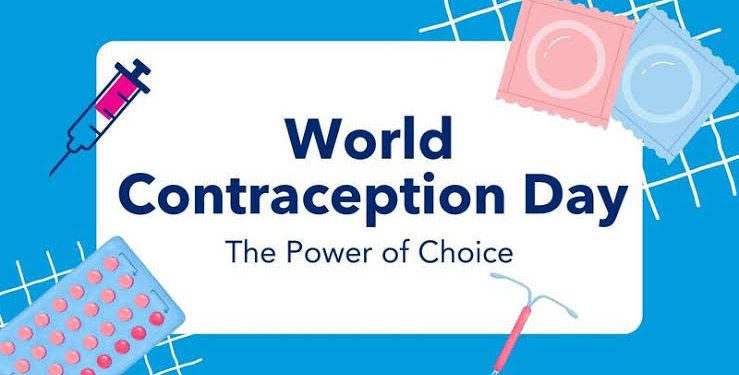Health experts have called for the inclusion of sexual and reproductive health education in school curricula, to promote awareness on contraceptives and family planning.
The call was made during a webinar hosted by The Challenge Initiative (TCI) and Development Communication Network in commemoration of the 2024 World Contraceptive Day, with the theme “Breaking Barriers: Advocating for Greater Access to Family Planning in Resource-Limited Settings.”
The webinar aimed to identify and overcome barriers to accessing contraceptives, promoting contraceptive awareness, addressing misconceptions, and advocating for improved reproductive health services.
While delivering his keynote presentation, Prof. Josiah Mutihir, a renowned obstetrician and family planning service provider, shared that “World Contraception Day serves as a platform for sensitizing the public on contraception, we discuss what contraceptives are, its benefits, and how individuals can access it.”
Prof Mutihir said “awareness levels are high, with over 90% of both men and women in Nigeria knowledgeable about contraception, but the usage rate remains alarmingly low at just 17%.” He noted that despite the advocacy put into the subject and the investments, family planning indices remain low, citing factors like poverty, myths, and misconceptions inhibiting access to contraceptives.
In her presentation, Mrs. Lovina Ibiok Victor, Health Promotion Officer from Akwa Ibom, stated that religious beliefs is among the reasons many shy from contraceptives.
“Many believers view contraceptives as immoral, by empowering leaders as influencers, they can promote informed decision-making and encourage followers to adopt family planning methods, improving overall health and well-being,” she said.
Also, Isaac Adamu highlighted the importance of men’s involvement in reproductive health decisions.
Adamu urged the men to subscribe to family planning and make informed decisions together with their partners.
Dr. Omotosho of TCI stressed that the world contraceptive day is to identify and overcome barriers to accessing contraceptives.
He further reiterated that advocating for family planning will constantly help to achieve security, economic growth, and Sustainable Development Goals (SDGs).
Other speakers at the webinar were; Mrs. Patricia Osazuwa, Director of Nursing in Edo State, and Mr. Akin Jimoh of Devcomm.
Participants shared testimonies and suggestions to improve contraceptive access, and commended TCI’s commitment to reproductive health disparities to promoting informed decision-making.

